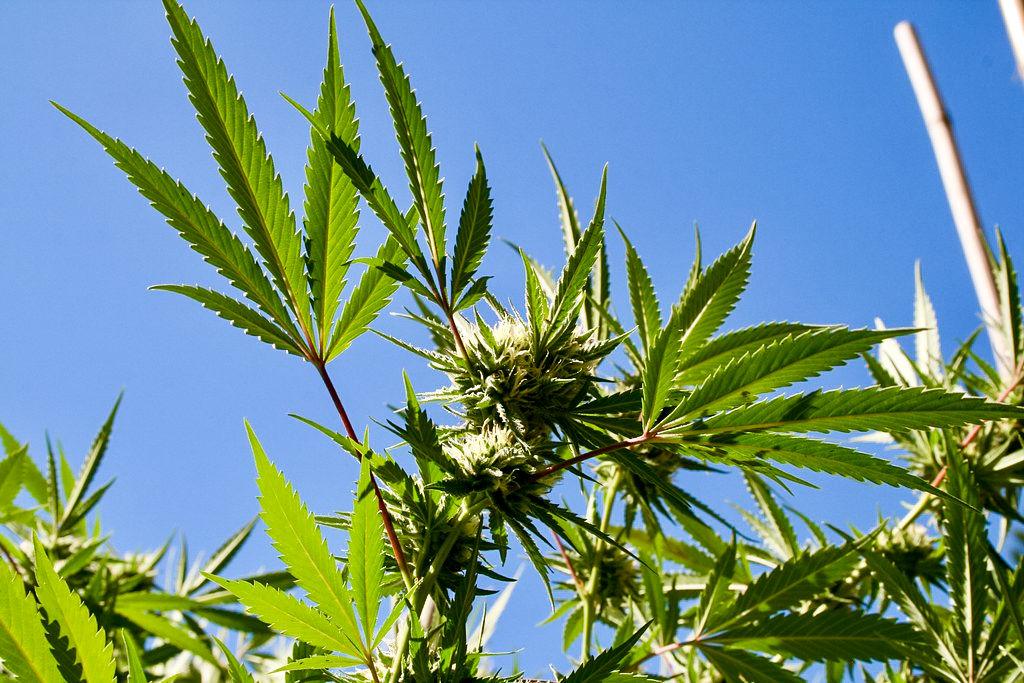The War on Drugs: a matter of public health, not criminal justice


We all have our vices, and while mine is not drugs, it is for many others. A new University of Michigan study reveals marijuana use is at an all-time high among university students with 43 percent having used weed in some way in the past year and 25 percent using “pot” within the previous month. While the general public does not use pot as prolifically as college kids, the Annals of Internal Medicine reports in 2017, 8.7 percent of adults surveyed had used marijuana in the past month. Unfortunately, like any good thing in life, drugs are a double-edged sword. A study conducted in 2007 found that approximately nine percent of pot users develop a dependency, indicating that addiction is a problem that many have to deal with. The federal government, however, has chosen to treat substance abuse as a criminal justice issue instead of a public health crisis, a decision that has tragic consequences for both prisoners and the public.
The War on Drugs has been an ongoing campaign since the Reagan Administration in the 1980s. The theory was that by cracking down on drug usage, the American people would cease using illicit substances out of fear of imprisonment. But, this “hard on drugs” approach has had the opposite effect: more people use drugs now than in the 1980s. The Pew Research Center found that federal drug offence sentences increased by about 153 percent between 1988 and 2012, an increase to an average of five years instead of two years. As a result, spending increased by 595 percent between 1980 and 2013. At the same time, they also found that the self-reported levels of drug use increased between 1990 and 2014, indicating that treating substance abuse as a criminal justice issue has had the opposite effect that the federal government desires. In essence, we are flushing money down the drain to achieve the opposite of the desired impact.
Of course, many hardline supporters of the “tough on crime” approach will argue state implementation would be more productive and that the federal government should have a smaller role. However, Pew found that there was no statistically significant relationship between state drug laws and overdose deaths, self-reported use, and arrest numbers. Thus, we should abandon the current model of punishing drug users and instead try something that works.
So, if the current methodology is ineffective, where should we go from here? I have a radical solution, but hear me out: we give drug addicts rehabilitation instead of prison time. The National Center on Addiction and Substance Abuse found that 65 percent of prisoners suffer from addiction, but only 11 percent are receiving treatment for their ailment. Because we do not provide treatment for the vast majority of inmates that have a substance dependency, we are setting them up for failure when we release them from prison. If we do not treat addiction in prison, those who are released will merely turn back to their old habits and law enforcement will likely arrest them.
If you are not convinced yet, the same study estimates that for every prisoner that remains sober and crime-free, the U.S. would save $91,000. The report also predicts that if only 10 percent of inmates were able to stay sober and employed, the U.S. would see economic benefits within a year. To compound the financial advantages, a 1999 study found that a drug rehabilitation program involving 478 inmates reduced prison reentry rates to 27 percent down from 75 percent from prisoners who did not participate in the experiment. Not only would rehabilitation produce productive citizens, but it would also reduce prison overcrowding since treatment programs substantially reduce recidivism rates.
Ultimately, the most important thing we need to do right now is to change our mindset when approaching drug policy reform. The U.S. has used retributive justice when framing prison sentences and when approaching the War on Drugs, hoping to deter people from using illicit substances by threatening severe punishment. Because that approach has failed, we ought to adopt a more restorative mindset and focus on rehabilitating rather than punishing criminals. We should rebuild broken bonds between prisoners and society, not allow them to remain shattered.
 Pathways Drug Rehabilitation Luxury Addiction Treatment & Detox Center
Pathways Drug Rehabilitation Luxury Addiction Treatment & Detox Center


